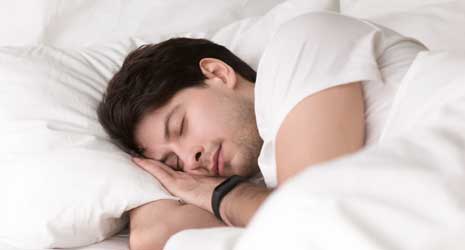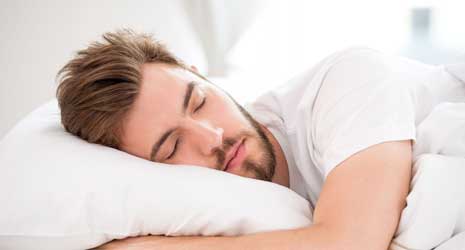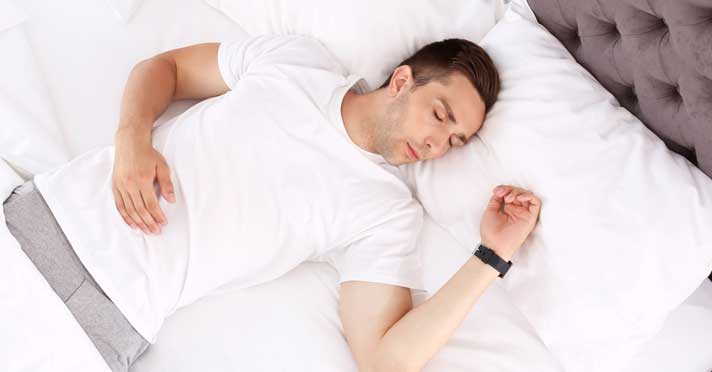Over 10 million Americans suffer from some form of insomnia. More than half lose sleep due to stress and anxiety. Women are twice as likely as men to have sleep disorders. Between 40% and 60% of Americans over 60 have erratic sleep patterns (Sarsour et al., 2010).
The quickest, but not necessarily the best way to treat insomnia is prescription or over the counter drugs. Some side effects of prescription drugs are: addiction, dry mouth, dizziness, nausea compulsive behavior issues, daytime drowsiness and heartburn. Possible side effects of over the counter drugs are: dry mouth, dizziness, prolonged drowsiness, memory problems, glaucoma, enlarged prostate, asthma and heart problems. Therefore, the utilization of natural sleep aids can be a popular and feasible alternative to pharmaceutical treatment methods. In fact, most natural sleep aids are relatively easy to use and may even make a profound difference in sleep efficacy.

Sometimes the solution can be as easy as changing your pillows and/or mattress. Noise could be the culprit and the purchase of a “white noise” machine could solve the problem. These sleep machines are inexpensive, and you can select a variety of soothing sounds, like waterfalls and tropical rain to mask disruptive noise, read this post here.
Advice for Symptoms of Insomnia
Combating sleep depravity can be a serious issue for some individuals. However, there is pertinent advice which may help ameliorate symptoms of insomnia:
- Eat at least 3 hours before bedtime.
- Limit stimulants such as caffeine and alcohol.
- If you must nap during the day, limit it to 30 minutes or less.
- Exercise early in the day as a late workout can make falling asleep difficult.
- Try drinking a cup of herbal tea. There are several brands on the market that claim to induce sleepiness.
- Try to go to bed and wake up around the same time every day, even weekends whenever possible as oversleeping can make matters worse.
Shortly after waking in the morning, exposure to sunlight or bright light will help regulate the body’s biological clock.
Natural Methods of Regulating Sleep
Additionally, there are a number of natural sleep aids which place a specific emphasis on stress management. As many individual find stress as prominent and causal factor for insomnia, it becomes logical to address stress as a potentially foundational influence for insomnia. For example, it is recommended that individuals suffering from insomnia simply try and do things to make falling asleep easier. Reading, listening to soft music, taking a warm (not hot) bath or shower, and keeping the room dark and quiet may have a calming effect.
Also, certain essential oils can be used in aromatherapy to induce relaxation and reduce stress. Chamomile and lavender are two well known oils that can be used in baths, massages and diffuser blends. This form of aromatherapy may also have a calming effect and might help an individual to fall asleep. Deep breathing can also help an individual to relax. It is recommended to start by filling the diaphragm, then lungs and chest with air. Next, count to four and then slowly exhale. A repetition of three or four times may promote a sense of calmness.

Sometimes writing down problems and possible solutions in a journal will help alleviate “overthinking” at bedtime. This type of categorizing mental consideration has the propensity create a structure and order to thoughts, worries, and ideas.
Lastly, as emotional stress can play a big part in causing insomnia, it is practical to try to gain control over deleterious thoughts by using methods like guided imagery and visualization. These may also have a prominent calming effect.
